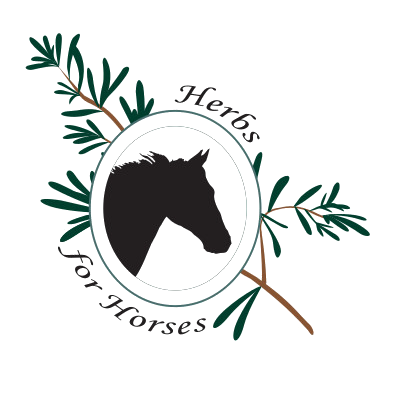more on Spirulina
Pop quiz: is inflammation bad?
It is admittedly tempting to enthusiastically declare ‘YES’ to this question. I mean, no one likes inflammation, what with all that pain and heat and swelling and such. But before we announce a universal ban on the ouch factor, let’s take a closer look at this question.
Inflammation, far from being just an unfortunate side effect of entropic physiology, performs essential functions in tissue protection and adaptation. For instance, the inflammation that follows a high-intensity exercise bout orchestrates the improvement of muscle (ie. the ‘training effect’). Specifically, the proinflammatory compound ‘nitric oxide’ activates muscle cells to grow (‘hypertrophy’) in response to exercise. When nitric oxide production is inhibited, this post-exercise adaptation is also inhibited, prolonging the time required to get an animal fit. But it is possible to have too much of a good thing. Excessive inflammation may be detrimental to exercise performance and can contribute to degenerative inflammatory conditions such as arthritis (sometimes seen as a loss of structural compounds called GAGs from cartilage) in equine athletes.
What if we could feed something to our horses that would reduce the damaging, catabolic effects of inflammation without interfering with the healthful, adaptive effects?
Herbs for Horses has embarked upon another ground-breaking research study to see if targeted nutrition can help reduce the ’bad’ inflammation without impairing the ‘good’ inflammation. Spirulina (also known as Blue-Green Algae) is a potent antioxidant, and there is evidence for its potential to reduce the risk of degenerative disease without messing with post-exercise recovery and adaptation. In the first series of experiments, researchers cultured cartilage under conditions simulating ‘rest’ (normoxia) and those simulating high intensity exercise (hypoxia). Under both conditions, cartilage was challenged with an inflammatory stimulus in the presence or absence of an extract of Spirulina. Under both simulated resting and simulated exercise conditions, spirulina reduced loss of GAGs from cartilage whilst increasing nitric oxide production. Buoyed by this fascinating evidence that dietary spirulina may protect cartilage from degeneration whilst improving muscle adaptation to exercise, Herbs for Horses has now undertaken a large equine study to see whether these results can be replicated in the exercising horse. This horse study is a unique collaboration between world-renowned equine exercise physiologists at the University of Guelph, Virginia Tech, Rutgers (NJ) and Texas A&M University. Results will be made available late in 2023.
